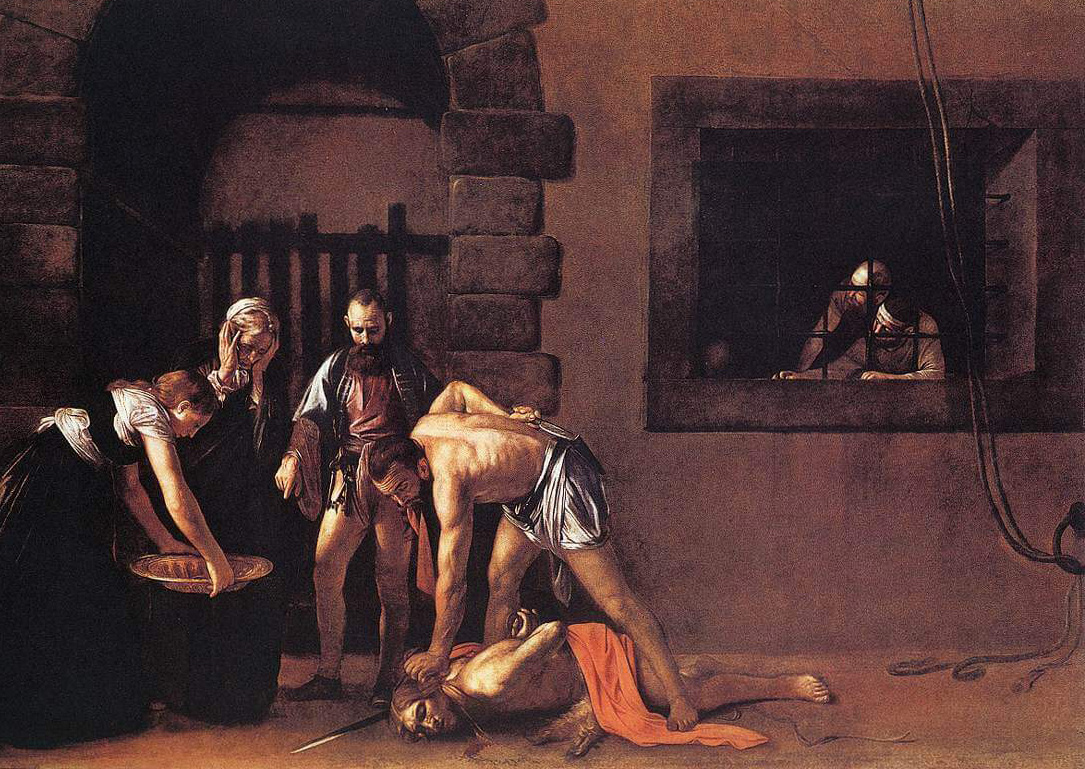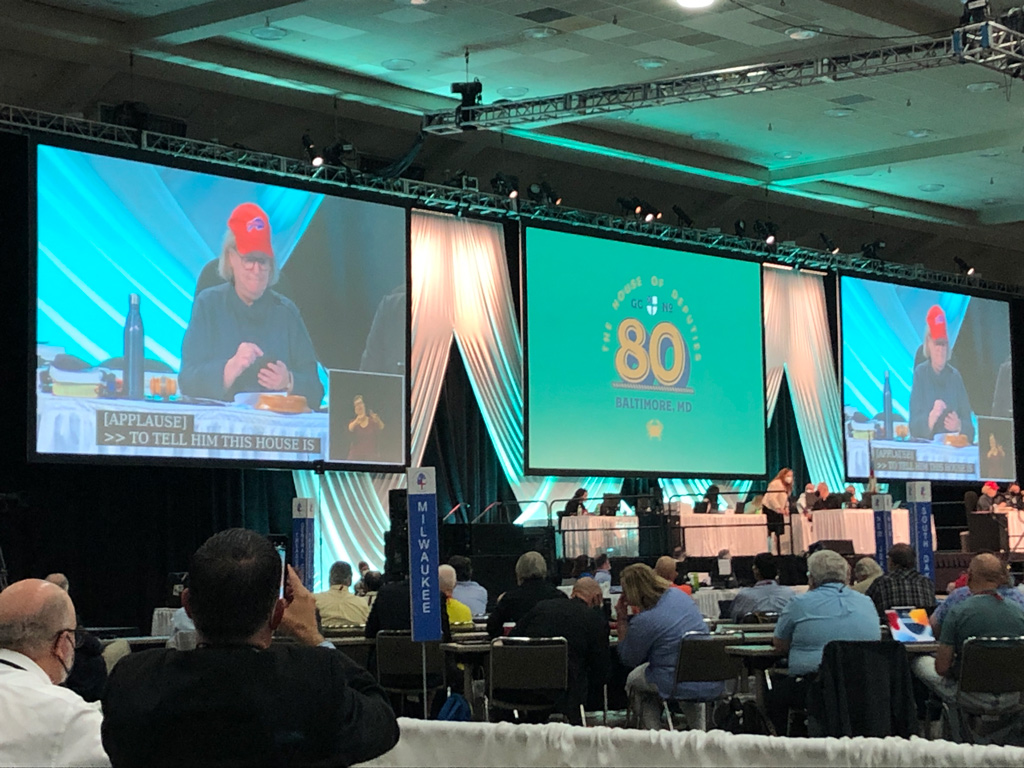See Our Collection of Crosses

“O BLESSED Saviour, who by thy cross and passion hast given life unto the world: Grant that we thy servants may be given grace to take up the cross and follow thee through life and death; whom with the Father and the Holy Spirit we worship and glorify, one God, for ever and ever. Amen.”
Holy Cross Day is Sept. 14 in honor of Christ’s self-offering on the cross for our salvation. The collect for Holy Cross Day recalls that Christ “was lifted high upon the cross that he might draw the whole world unto himself,” and prays that “we, who glory in the mystery of our redemption, may have grace to take up our cross and follow him” (BCP, p. 192). The themes of Holy Cross Day are powerfully expressed by the hymn “Lift high the cross” (Hymn 473).
This day has been a part of the Eastern Church. The feast entered the Western calendar in the seventh century after Emperor Heraclius recovered the cross from the Persians, who had carried it off in 614, 15 years earlier. According to the story, the emperor intended to carry the cross back into Jerusalem himself, but was unable to move forward until he took off his imperial garb and became a barefoot pilgrim. It only has been celebrated in the Episcopal Church with the current prayer book
Origin of Sept 14 -During the reign of Constantine, first Roman Emperor to profess the Christian faith, his mother Helena went to Israel and there undertook to find the places especially significant to Christians. (She was helped in this by the fact that in their destructions around 135, the Romans had built pagan shrines over many of these sites.)
Having located, close together, what she believed to be the sites of the Crucifixion and of the Burial (at locations that modern archaeologists think may be correct), she then had built over them the Church of the Holy Sepulchre, which was dedicated on 14 September 335.
Forward Movement reported this:”During the construction, tradition says that fragments from the True Cross, that is, the cross on which Jesus had been crucified, were found. It sounds fanciful, and perhaps it is. What is not fanciful are the fervent prayers of pilgrims from around the world in that site every day.”
Update for 2017 from Forward Movement: “Recently, the traditional site of Jesus’ burial and resurrection was renovated. During the construction, another miracle of sorts happened. It turns out that under more modern layers of marble, ancient, first-century stone was discovered. This is the latest in a series of archeological finds which support the idea that the Church of the Holy Sepulchre was built on the actual sites where the actual events of Good Friday and Easter Day took place. It is almost overwhelming.”
It has become a day for recognizing the Cross (in a festal atmosphere that would be inappropriate on Good Friday) as a symbol of triumph, as a sign of Christ’s victory over death, and a reminder of His promise, “And when I am lifted up, I will draw all men unto me.” (John 12:32)
The symbol
Paradoxically a symbol of suffering and defeat but also of triumph and salvation, the cross is the universal Christian symbol, acknowledged by all denominations as the single visual identifier of their faith.
History shows that the cross was used centuries before Christ. For example, in the British Museum is a statue of the Assyrian king Samsi-Vul, son of Shalmaneser, 800 years before Christ.
Early Christians used a wide variety of symbols to express their faith. The second-century Christian teacher Clement of Alexandria identified a dove, a fish, a ship, a lyre, and an anchor as suitable images to be engraved on Christians’ signet-rings (or seals). Archaeologists have discovered a gold finger-ring from the third or fourth century that depicts an anchor, cross, lamb, shepherd, dove, and the abbreviation for Christ.
One of the best known early Christian symbols, because of its modern revival, is the fish. Some early Christians made the Greek word for fish, ichthus, into an acronym for “Jesus Christ, God’s Son, Savior.The fish has plenty of other theological overtones as well, for Christ fed the 5,000 with 2 fishes and 5 loaves (a meal recapitulated in Christian love-feasts) and called his disciples “fishers of men.” Water baptism, practiced by immersion in the early church, created a parallel between fish and converts.
Tertullian, a theologian writing at beginning of the third century, interpreted this practice as a symbol of baptism: “But we small fishes, named after our great ICHTHUS, Jesus Christ, are born in water and only by remaining in water can we live.”
 The symbol of the anchor, with its crossbar, resembles a cross. An anchor and two fish (probably from the third century) occur together on a grave slab in the catacomb of Domitilla in Rome.
The symbol of the anchor, with its crossbar, resembles a cross. An anchor and two fish (probably from the third century) occur together on a grave slab in the catacomb of Domitilla in Rome.
Writings about the cross did begin as early as 150. Justin Martyr, a Christian apologist writing in the 150s–160s, argued that God had providentially put the shape of the cross in everyday objects, such as the masts of ships, tools like the plough and the axe, and the standards of Roman legions. Christians would often pray standing up with their arms stretched out in the form of a cross. As early as the 200s, Christians were making the sign of the cross with their hands. The cross was so important that pagans charged Christians with worshipping the cross.
 Early Christians took two abbreviations that occurred in non-Christian writings and gave them special meaning. The Greek letter tau (which looks like a plus sign or a T-shaped cross), with the vertical bar curled at the top to represent the letter rho (which looks like a P), was an abbreviation for words beginning tr. The tau was used in the Old Testament and was said to be the anticipation cross. This form of the cross was used by Egyptians and is proposed that this sign was made by the Egyptians on the “Lintel” in accordance with God’s command to save the first born from destruction. It is thus represented as meaning life.
Early Christians took two abbreviations that occurred in non-Christian writings and gave them special meaning. The Greek letter tau (which looks like a plus sign or a T-shaped cross), with the vertical bar curled at the top to represent the letter rho (which looks like a P), was an abbreviation for words beginning tr. The tau was used in the Old Testament and was said to be the anticipation cross. This form of the cross was used by Egyptians and is proposed that this sign was made by the Egyptians on the “Lintel” in accordance with God’s command to save the first born from destruction. It is thus represented as meaning life.

The tau-rho occurs in Christian writings dated 175 to 225 in the spelling of the Greek words for “cross” (stauros) and “crucify” (stauroo). Since Christians saw the tau as symbolizing a cross, the superimposed rho may have suggested the head of Christ, making the tau-rho the first visual representation of the crucifixion by Christians.

The second abbreviation Christians used was the chi-rho monogram, composed of the Greek letter chi (which has the shape of an X) intersected by the letter rho. It appears in Christian writings as an abbreviation for Christ (Christos). Chi and Rho are the first two letters in Christ’s name in Greek. In 312, according to the early Christian writer Lactantius, Emperor Constantine had the chi-rho marked on his soldiers’ shields as they marched on Rome; according to Eusebius, he had the emblem put on a military standard. After Constantine’s victory, the chi-rho cross, often combined with the letters alpha and omega, became the ubiquitous symbol of Christianity.
The use of the cross did not begin in significant numbers until the time of Constantine, three centuries after Christ.






 Beginning on Pentecost 2, we enter the Church year known as Ordinary Time. After Easter, Jesus’s ascension into heaven, and the coming of the Holy Spirit to us at Pentecost, we accept responsibility for being and becoming Christ’s body in the world. We are called by Jesus to live in community, our lives together guided not only by the example of Jesus, but by the guidance of the Holy Spirit.
Beginning on Pentecost 2, we enter the Church year known as Ordinary Time. After Easter, Jesus’s ascension into heaven, and the coming of the Holy Spirit to us at Pentecost, we accept responsibility for being and becoming Christ’s body in the world. We are called by Jesus to live in community, our lives together guided not only by the example of Jesus, but by the guidance of the Holy Spirit. 